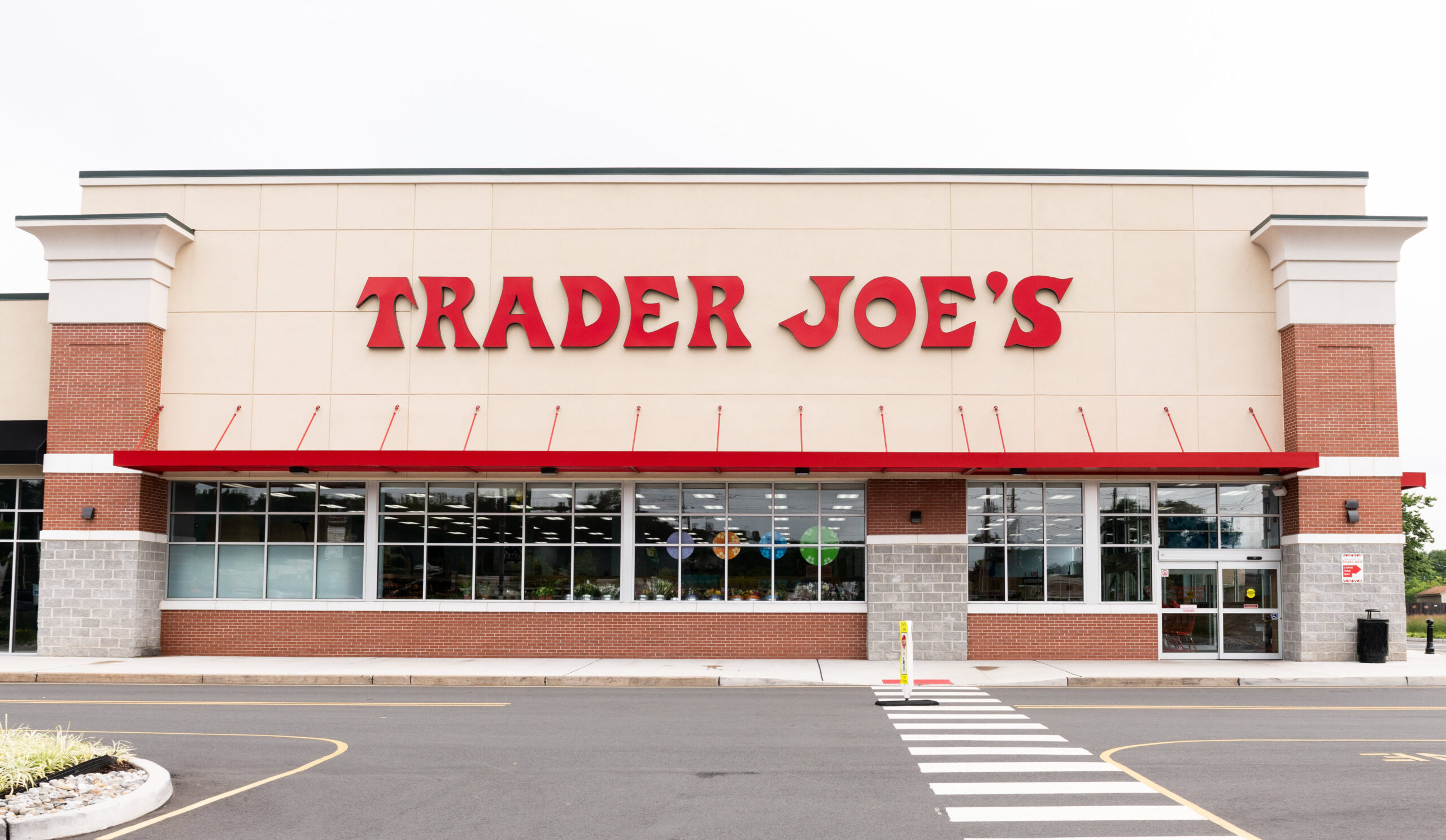Trader Joe’s is currently facing allegations of union-busting, including charges of illegal retaliation against workers, before the National Labor Relations Board (NLRB). In an intriguing twist, the company’s attorney introduced a unique defense during a recent hearing, arguing that the NLRB itself is “unconstitutional.”
The defense was briefly outlined at the beginning of the trial, with Trader Joe’s attorney, Christopher Murphy, contending that the National Labor Relations Act, as interpreted and applied in this case, is unconstitutional. This argument aligns with a broader conservative trend aimed at dismantling regulatory bodies responsible for enforcing laws that protect various interests, including workers and consumers.
Although the judge, Charles Muhl, allowed the argument into the record, he humorously remarked that he wouldn’t be ruling on his own constitutionality anytime soon, suggesting that such matters should be addressed with the board and federal courts.
While Trader Joe’s hasn’t expanded on this defense during the trial, it echoes a similar argument made by SpaceX, also represented by the same law firm and facing NLRB accusations. SpaceX claims that the NLRB violates the constitutional separation of powers and due process, portraying the board as “the very definition of tyranny.”
Expressing concern about the potential mainstreaming of the idea of dismantling the NLRB, Seth Goldstein, an attorney for Trader Joe’s United, the union making accusations against the grocer, questioned whether Trader Joe’s fully supports their law firm’s approach. He emphasized the potential dangers of taking such a stance on workers’ rights.
The NLRB, established during the New Deal, is an independent federal agency designed to safeguard workers’ rights and promote labor peace. While both employers and unions may have grievances with the NLRB processes, deeming the board itself unconstitutional could have profound implications for labor relations. This argument signals to workers that the company might believe they lack the right to organize, raising concerns about potential setbacks in workers’ rights.















































